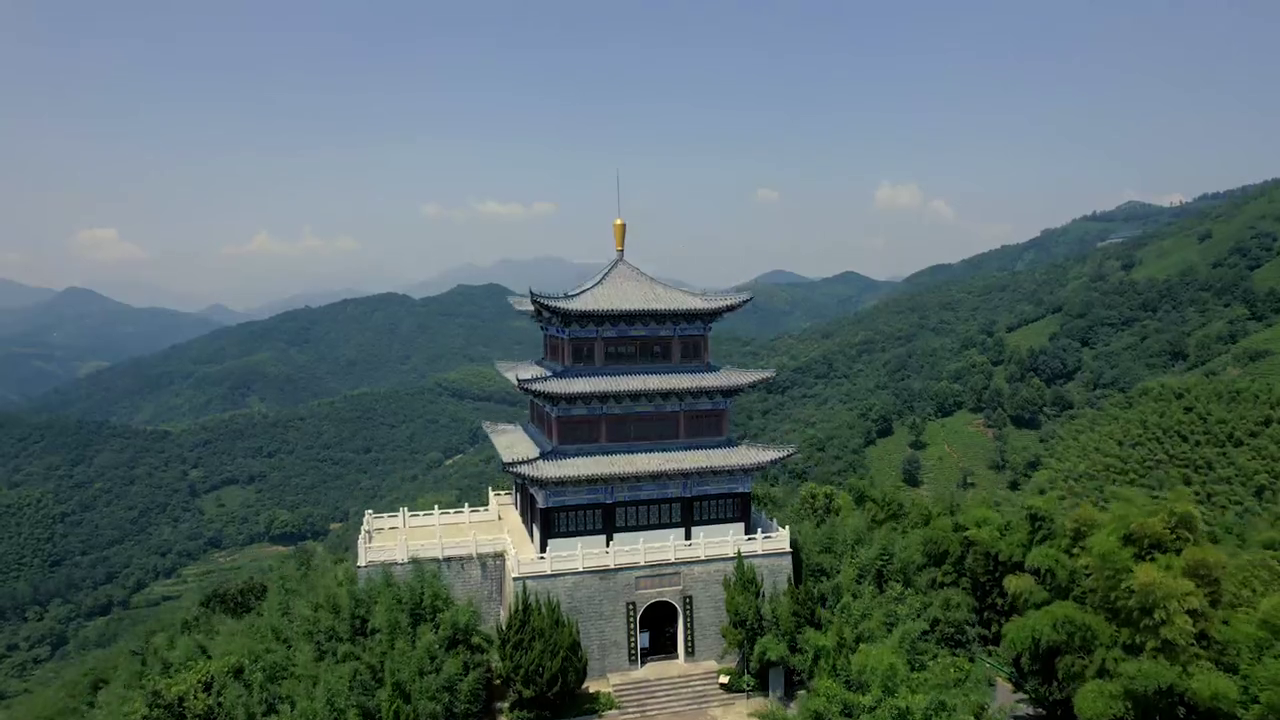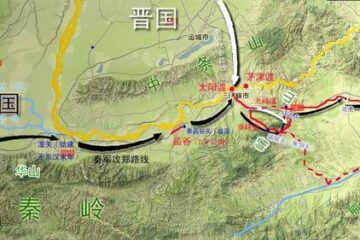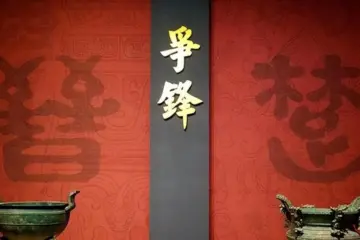Yang Yan, born during the “Flourishing Era of Kaiyuan” in ancient China’s Tang Dynasty, witnessed the complete process of the empire’s rise and decline. Although Yang Yan’s early career was not smooth, his literary talent had long been renowned throughout the court. In the final days, Emperor Daizong of Tang appointed Yang Yan as the Silver Censor-in-chief, the Minister of the Imperial Secretariat, and the Chancellor of the Secretariat, hoping that this talented scholar of the empire could reverse the decline.
In August of the fourteenth year of the Dali reign, shortly after taking office, Yang Yan presented a memorial to Emperor Daizong, who was seriously ill. In a simple memorial, Yang Yan clarified his reform ideas: since it was impossible to achieve the ideal of “each farmer owning their own land,” all taxes and corvée labor (rent and labor service) for the poor should be completely abolished. The imperial taxation should be based solely on assets and calculated according to wealth – the more land one owned, the more taxes they should pay! As Yang Yan arranged for taxes to be collected from landowners every June and November, this reform became known as the “Two-Tax System.”
The essence of the Two-Tax System, which emphasizes “taxation based solely on assets” and “tax calculation according to wealth,” is essentially taxing the rich.
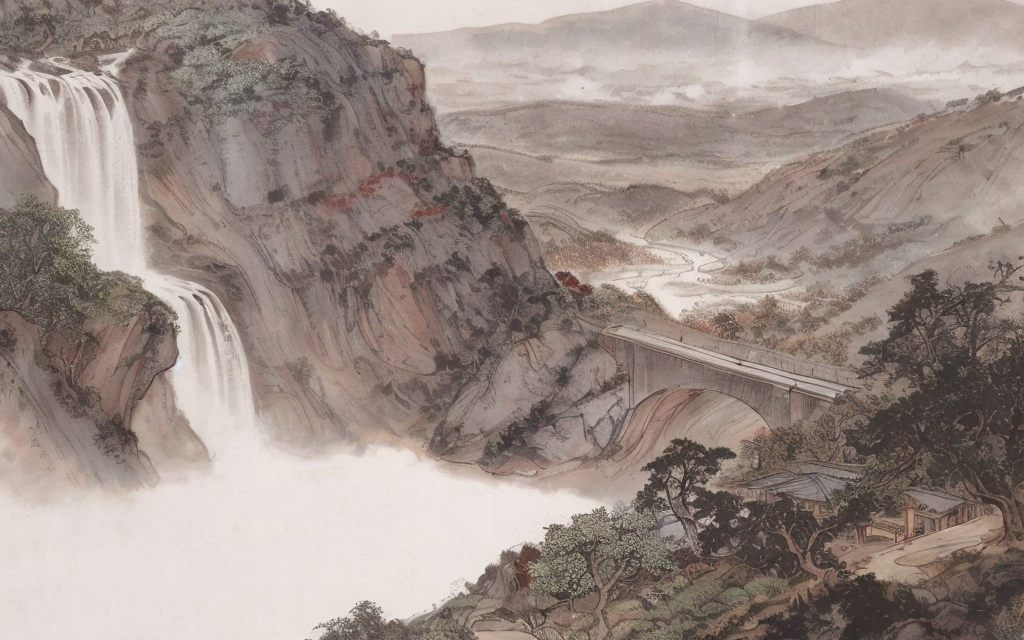
From the perspective of contemporary economics, the wealthy have the ability to bear more social operating costs, so it is only natural to “tax the rich.” Moreover, only by heavily taxing the rich can the redistribution of social wealth be realized, ensuring that the poor do not lose their fair starting point. After all, a world solely composed of the rich does not exist, and the poor are too impoverished to sustain the game played by the wealthy.
Therefore, it is only the conscientious wealthy individuals of our contemporary society who can deeply resonate with such a cry from the heart: “Please tax me!”
From any perspective, it is imperative for the Tang Dynasty to tax the rich: for the imperial government to continue to exist, it must have a stable source of income; feudal bureaucrats, in order to continue exploiting the people, always rely on the empire’s governing framework; and the common people, in order to end the era of warlord conflicts, must have a strong central government…
All of this requires money!
In the first year of the Jianzhong era (780 AD), in the month of January, Tang Dezong, who had just ascended the throne, approved the Two-Tax System: regardless of whether your land was granted by the court, reclaimed from wasteland, or obtained through corruption and bribery, and regardless of whether your household registration was in the location of the cultivated land, as long as you possessed land, you had to pay taxes to the court based on the amount of land you occupied (for landless households and tenants, registration was based on their place of residence; for individuals, poverty and wealth were taken into account). In addition to land taxes, the central government and local officials were “strictly forbidden to impose additional taxes” on the people.
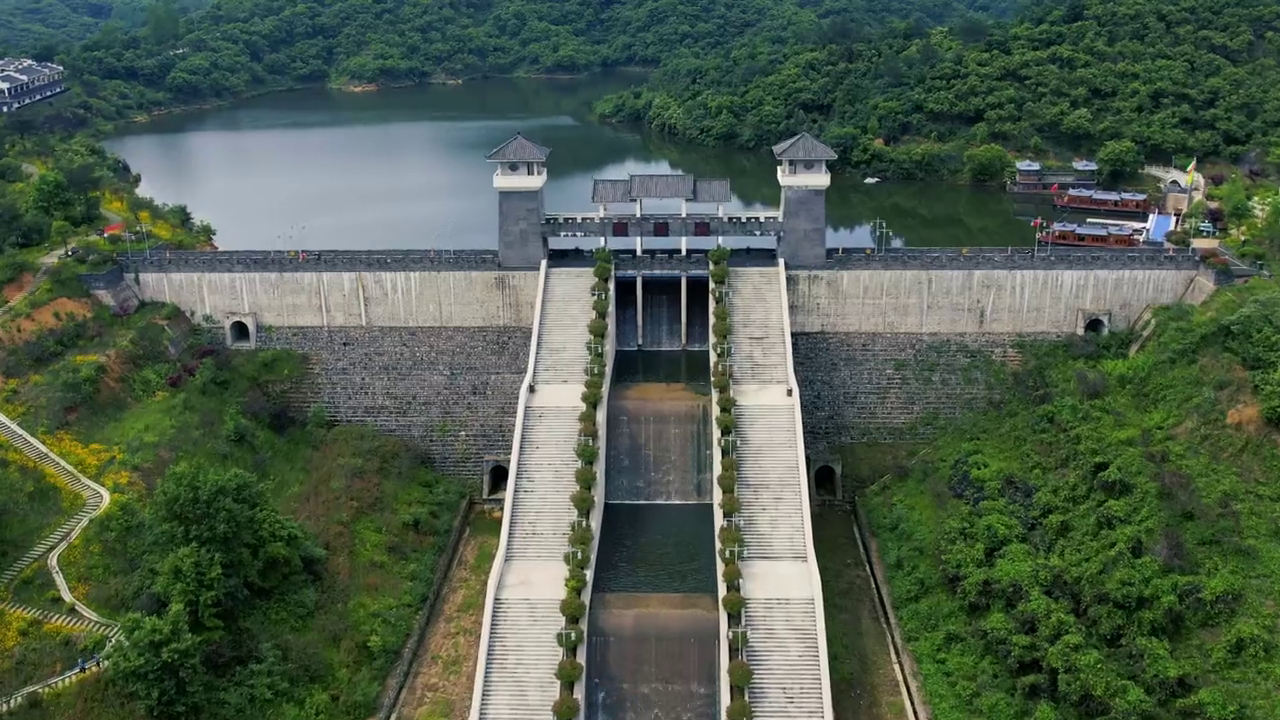
“Taxing the rich” is a good thing, but it must be based on the premise that wealth comes from legitimate sources, and the rich earn money through fair, just, and transparent market competition. In other words, wealth should not come from the feudal bureaucrats’ monopoly on the salt and iron industry, and it certainly should not come from their positions of power. Otherwise, since the feudal bureaucrats did not acquire wealth through the market, they would not care whether they were too rich or whether extreme wealth inequality undermined the foundation of imperial rule.
Unfortunately, Yang Yan was facing precisely this group of wealthy individuals, this group of feudal bureaucrats. Within the entire Tang Dynasty, they were the true wealthy people, the true landowners. They only knew how to exploit and did not understand the concept of social responsibility. Ironically, these misers were in charge of the empire’s taxation. How could they possibly have the motivation to maintain social fairness or to impose taxes on themselves?
Shortly after the implementation of the Two-Tax System, Prime Minister Lu Zhi submitted a memorial to Tang Dezong, bluntly pointing out its flaws: in a vast empire, the truly wealthy people are undoubtedly those who sit in the government offices of the prefectures and counties. Their money comes from unknown sources, and they hoard it in their own pockets and chests. Although they are very rich, outsiders have no way of knowing. Assets and land are complex matters that cannot be easily discerned. The land registers cannot reveal any clues, and no one knows how much land the feudal bureaucrats actually possess and whose names the land is registered under. Hardworking individuals in rural areas, who accumulate savings over several generations to acquire a few acres of land, are labeled as wealthy people by county officials, who hurriedly demand rent and taxes from them, ultimately leading to the depletion of private wealth and worsening poverty for those already poor. Even households that were once well-off have no surplus left.
